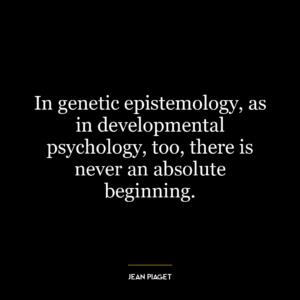This quote suggests that the study and practice of psychology, instead of providing solutions or healing, can sometimes exacerbate the problem it is meant to address. This could be because focusing too much on a problem can lead to overthinking and obsession, which may worsen the situation. For instance, someone with anxiety might become more anxious by continuously analyzing their anxiety.
The quote also hints at the potential pitfalls of self-diagnosis and self-treatment in psychology. Without professional guidance, delving deep into psychological concepts can lead to misunderstanding or misinterpretation, which could potentially harm mental health instead of improving it.
Moreover, it points to the possible negative impact of pathologizing normal human experiences. When we label every emotional fluctuation as a psychological disorder, we risk turning normal life experiences into diseases that need curing. This over-pathologizing can create an unnecessary burden of disease and exacerbate the stigma around mental health.
In today’s world, this idea is particularly relevant due to the rise of pop psychology and the easy access to psychological information online. While this has its benefits, it also means that people can easily fall into the trap of self-diagnosis or obsessive introspection, which can worsen their mental health instead of improving it.
In terms of personal development, this quote can serve as a reminder to approach self-improvement and self-understanding with balance and professional guidance when necessary. It’s important to remember that while self-awareness and understanding are valuable, they can become detrimental if taken to an extreme. It’s about finding the right balance between introspection and action, between understanding our minds and living our lives.







